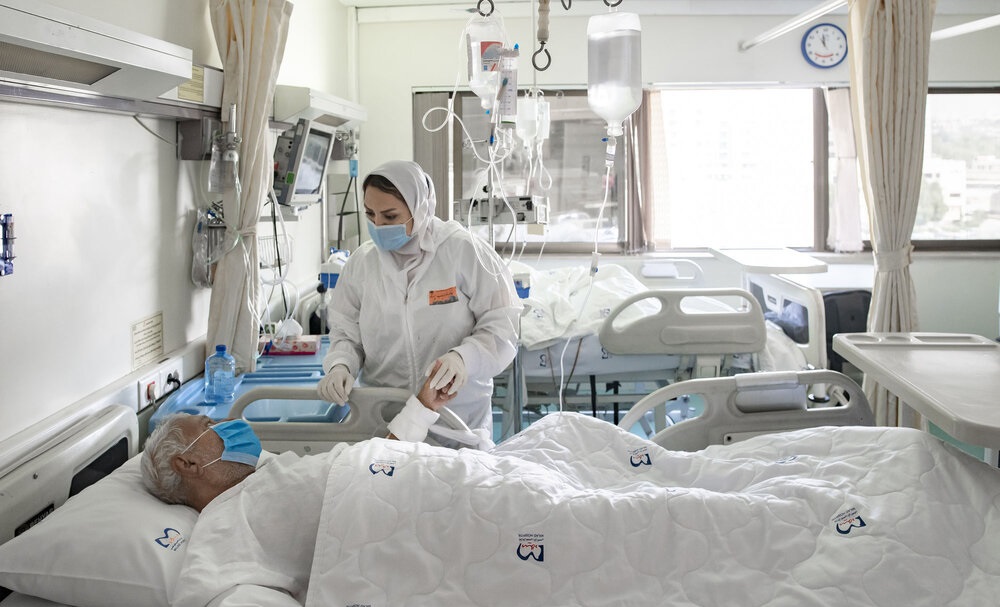In the face of climate change, the healthcare sector and governments are becoming increasingly interested in protecting vulnerable patients from extreme climatic circumstances.
Due to acute illness and/or chronic conditions, inpatients are extremely vulnerable to heat. Negative environmental factors can worsen their illness.

Contacting air conditioning companies to install air condition in hospitals can be considered a form of global health adaptation because it has been found to reduce mortality rates among hospital patients who are exposed to extreme heat.
Benefits and Importance of Air Condition in Hospitals
- People who are at ease operate more effectively and efficiently. Increased productivity and clearer thinking are connected to a more comfortable work environment. A happy and productive employee is one who is cool. Air conditioning not only makes for a more productive work environment, but it also makes for a healthier one. This translates to fewer sick days throughout the year.
- Respiratory conditions have improved. Airborne particles are always present in the air, but they become trapped in confined spaces causing issues for allergies and asthma for patients. Fumes and other hazardous gases, in addition to particles, can become trapped inside. An air conditioning system eliminates the impurities and allergens that aggravate respiratory diseases, such as dust mites and pollen, on a regular basis to enhance air quality.
- Stronger immune system. By keeping the indoor environment cooler, air conditioning keeps illness-spreading germs at bay, much like a refrigerator does to prevent microbial growth. The immune system is stressed when the body is subjected to repeated stress by requiring it to work in harsh human conditions. Your immunity is worn down over time, such as while trying to work in a suffocating hot office in the summer, and you are subject to infections as well as being hot, uncomfortable, and fatigued at the end of the day.
- Reduce the spread of infection. Patients at the hospital may be at risk if the airflow is inadequate. If germs are spread through the air, persons with compromised immune systems may become infected. To trap infectious particles, the hospital will have efficient ventilation and filtration. However, these systems require continual maintenance and monitoring, such as coil cleaning and filter replacement.
- one way to protect patients during hot or cold periods is to install mechanical ventilation or air conditioning in their hospital rooms. The goal is to guarantee the highest possible level of medical services and thermal comfort for both staff and patients. Air conditioners, radiant cooling systems, chillers, and fans are just a few of the HVAC systems available. A drop in mortality in private homes and hospitals indicated the beneficial effect of air conditioning devices. If you are from Ashford or surrounding areas, just give a call to air conditioning Ashford and they will take care of the next things from installation to maintenance.
Read Also:
Key Point
Given the COVID-19 outbreak and the issues it has posed, we’ve all become much more aware of the importance of good air quality.
Long-term use of a central air conditioning system will help you get all of its health benefits by lowering physiological stress and creating the greatest possible interior environment.
When the body is kept at a comfortable temperature, your well-being and productivity improve significantly. If you found the preceding information useful, you should contact specialists to explore ventilation capabilities and commercial air conditioning.
Air conditioning and ventilation systems in hospitals and other business buildings can be maintained, managed, and monitored by air conditioning companies on a regular basis.









